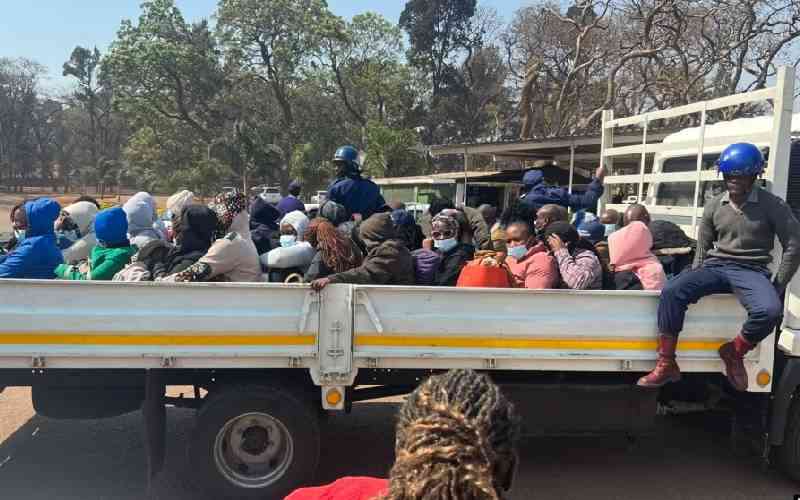×
The Standard e-Paper
Stay Informed, Even Offline

Human rights groups and election observers are condemning the arrests of 35 independent election monitors in Zimbabwe on charges of plotting to release unofficial poll results.